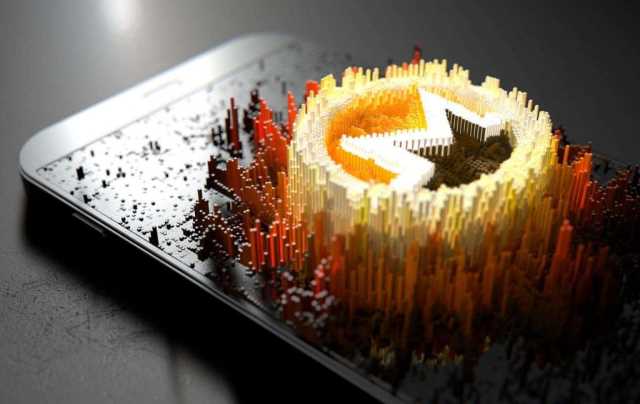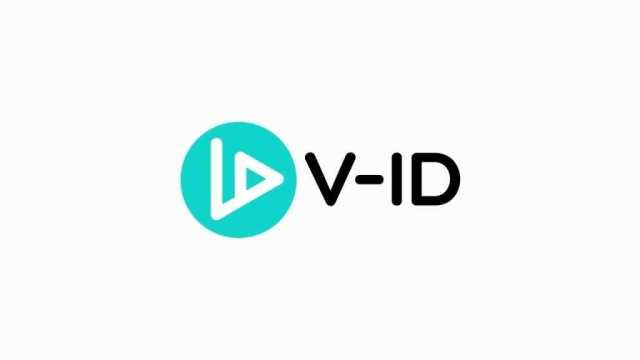
Satoshi’s anonymity often raised unjustified concerns, many of which are linked to misunderstanding of the open-source nature of Bitcoin. The Bitcoin protocol and software are published openly and any developer around the world can review the code or make their own modified version of the Bitcoin software. Just like current developers, Satoshi’s influence was limited to the changes he made being adopted by others and therefore he did not control Bitcoin.
Bitcoin’s theoretical roots and ideology
- By comparison, the Visa credit-card network processes around 3,674 transactions per second.
- The University of Cambridge has an online calculator that tracks energy consumption and at the beginning of 2021 it was estimated to use over 100 terawatt hours annually.
- Bitcoin operates on a decentralized public blockchain, meaning a central authority doesn’t control it.
- These miners compete to solve a complex mathematical puzzle and must devote computing power to do so.
- Bitcoin’s divisibility allows for fractional payments, making it suitable for transactions of any size.
- Yes, most systems relying on cryptography in general are, including traditional banking systems.
Get to know both the exchange and the market as intimately as possible, and avoid coins, protocols, trades, and investments that make grand promises but don’t have any real results to show. Instead, the vast majority of those involved in the market today buy Bitcoin by converting their local currency (e.g., dollars, yen, pounds, etc.) into said tokens on an exchange or trading platform. In fact, the concept of a chain of blocks What is Bitcoin (or blockchain) wasn’t introduced with Bitcoin. Scott Stornetta proposed a system for timestamping documents using an unalterable data structure in the early 1990s. The rules of the protocol and the cryptography used for Bitcoin are still working years after its inception, which is a good indication that the concept is well designed. However, security flaws have been found and fixed over time in various software implementations.
Processing – mining
However, as it became more popular, more miners joined the network, which lowered the chances of being the one to solve the hash. A blockchain is a distributed ledger, a shared database of information that is chained together via cryptographic techniques. “Distributed” means that it is stored on many computers rather than on a centralized server, as is typical of data storage.

What Is Bitcoin’s Role as a Store of Value?
Bitcoins are not actually received by the software on your computer, they are appended to a public ledger that is shared between all the devices on the network. New bitcoins are generated by a competitive and decentralized process called “mining”. This process involves that individuals are rewarded by the network for their services. Bitcoin miners are processing transactions and securing the network using specialized hardware and are collecting new bitcoins in exchange. Bitcoin (BTC) is a cryptocurrency (a virtual currency) designed to act as money and a form of payment outside the control of any one person, group, or entity.
In order to stay compatible with each other, all users need to use software complying with the same rules. Bitcoin can only work correctly with a complete consensus among all users. Therefore, all users and developers have a strong incentive to protect this consensus. These wallets have no third party to secure your wallet—it only offers the software to store it. You’re responsible for remembering and protecting your wallet keys—also referred to as a password or seed phrase. A hot wallet is connected to the internet and gives you immediate access to your funds for purchases and trading.

Understanding Bitcoin



